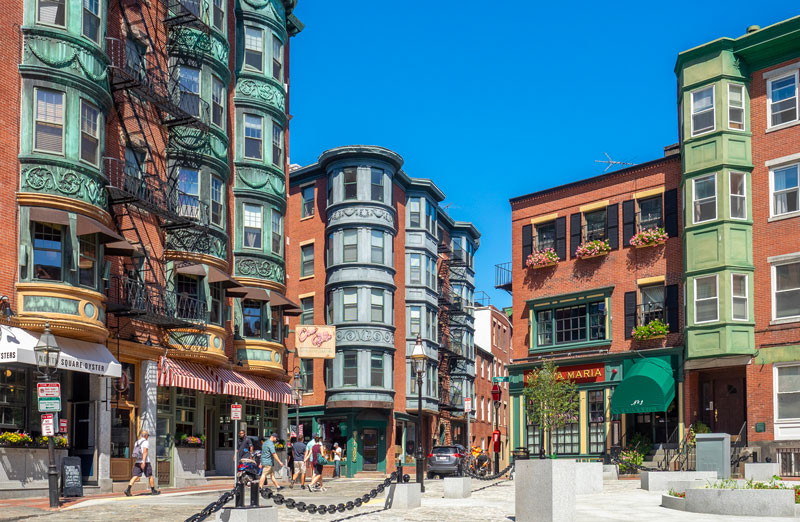Boston is a city filled with history and culture, and one of its most beloved neighborhoods is the North End. Known as Boston’s Little Italy, this charming neighborhood boasts narrow streets lined with some of the best Italian food in the city. But the North End is more than just a popular dining destination. It’s a place steeped in history and tradition, with stories dating back to the 1600s. In this blog post, we’ll take a closer look at the history of the North End and discover why it’s such an important part of Boston’s identity.
To truly understand the North End’s history, we have to go back to the beginning. The first European settler of what is now the North End was Reverend William Blackstone, an Anglican minister from England who arrived in the area in 1623. Over the next several decades, the North End grew into a bustling neighborhood that was home to a diverse population of immigrants. In the 1800s, Irish immigrants became a dominant presence in the area, but it was the Italian immigrants who arrived in the late 1800s and early 1900s that would come to define the North End.
One of the most significant events in the North End’s history was the construction of the Central Artery in the mid-1900s. This highway project displaced many families and businesses in the neighborhood and dramatically changed its landscape. Despite this upheaval, the North End remained a strong and vibrant community. Today, the neighborhood is a popular tourist destination, with attractions like the Paul Revere House and the Old North Church drawing visitors from around the world.
Best Italian Food in Boston
But what really sets the North End apart is its food. Boston’s Little Italy is home to some of the best Italian cuisine in the city, with restaurants like Regina Pizzeria and Giacomo’s Ristorante attracting both locals and tourists alike. But the North End’s culinary heritage goes beyond pizza and pasta. The neighborhood is also home to traditional bakeries like Mike’s Pastry and Modern Pastry, where you can find classic Italian treats like cannoli and sfogliatelle.
Another important aspect of the North End’s culture is its festivals. Throughout the year, the neighborhood celebrates its Italian heritage with events like the Feast of Saint Anthony and the Fisherman’s Feast. These festivals are a chance for locals and visitors alike to experience the North End’s vibrant culture and history firsthand.
From its early days as a diverse settlement to its current status as Boston’s Little Italy, the North End has played an important role in shaping Boston’s identity. Its rich history, delicious food, and vibrant festivals make it a must-visit destination for anyone touring the city. Boston’s Politically Incorrect North End Food Tours helps you discover the North End ‘s narrow streets, famous dishes, and exciting festivals. So be sure to add it to your Boston itinerary and discover why this beloved neighborhood is such an essential part of the city’s culture.

